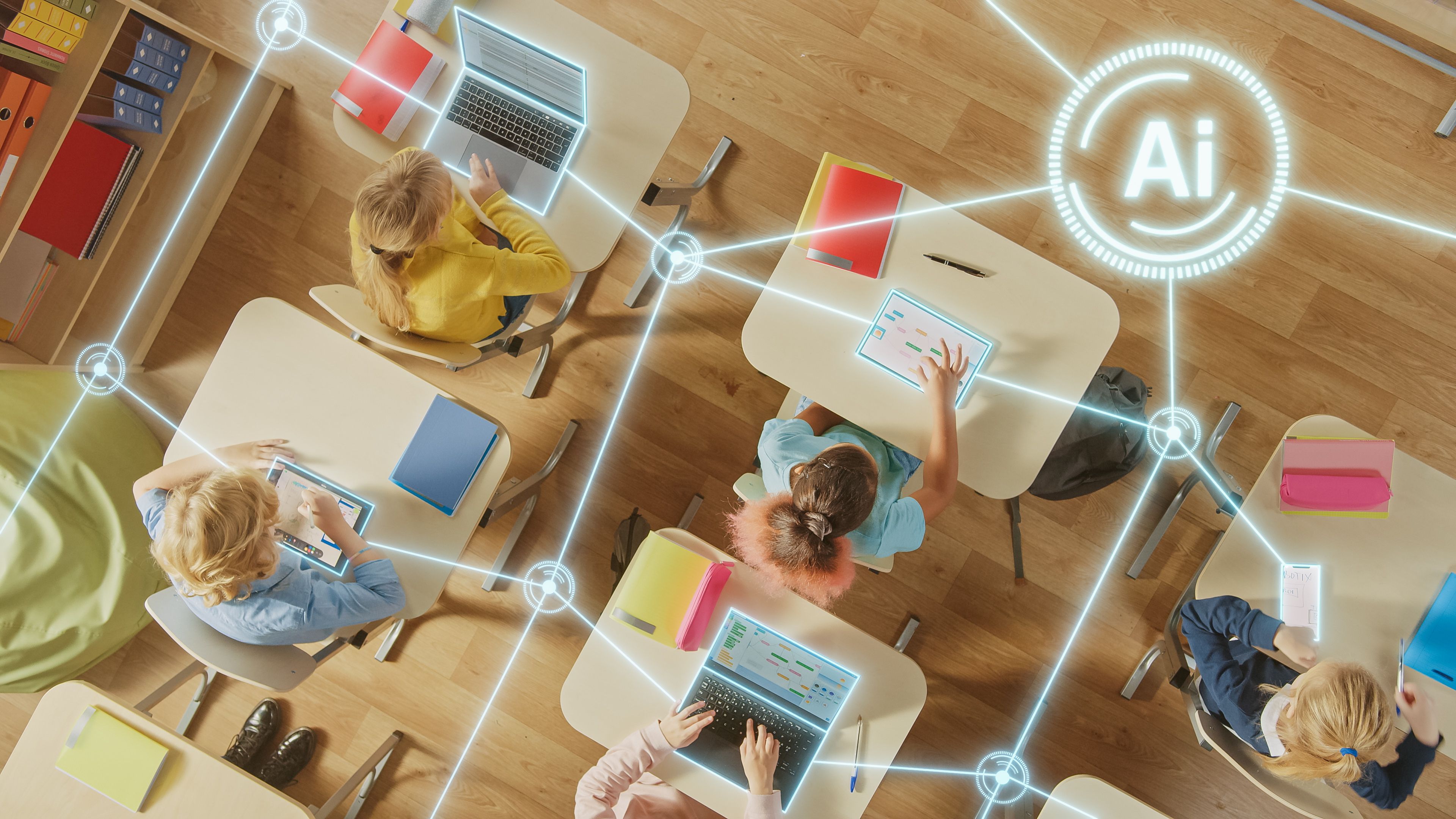Integrating AI Skills at Origin: Preparing Students for the Future
SS
The Imperative of Integrating AI Skills Early
As the world becomes increasingly driven by technology, the integration of artificial intelligence (AI) skills into educational curriculums is no longer optional but essential. Educators and policymakers must recognize the importance of preparing students for a future where AI will play a pivotal role in nearly every industry. Anticipating this future, schools need to weave AI competencies into their core teachings, ensuring that students are not only consumers of technology but also its innovators.

The Benefits of Early AI Education
Introducing AI concepts early in education offers numerous benefits. By familiarizing students with AI technologies, educators can demystify these tools, making them more accessible. This early exposure helps students develop critical thinking skills and a problem-solving mindset, which are crucial in navigating the complexities of modern technological landscapes. Furthermore, students learn to approach problems creatively, leveraging AI's capabilities to find innovative solutions.
Another significant advantage is the potential to spark interest in STEM (Science, Technology, Engineering, and Mathematics) fields. By engaging with AI, students often discover a passion for technology-driven careers, increasing the likelihood of them pursuing further studies in these areas. This not only aids personal development but also addresses the growing demand for skilled professionals in AI-related fields.
Incorporating AI into Curriculums
To effectively integrate AI into educational systems, curriculums must be designed thoughtfully. This can be achieved through a combination of theoretical knowledge and practical applications. Schools can introduce courses that cover basic AI concepts, data science, and machine learning principles. Additionally, integrating project-based learning can help students apply these theories in real-world contexts.

Moreover, partnerships with tech companies can provide students with hands-on experiences through internships or workshops. Such collaborations enable students to work with cutting-edge technologies and gain insights from industry experts. This experiential learning is invaluable in bridging the gap between academic knowledge and practical application.
Challenges and Considerations
Despite the clear benefits, integrating AI into education comes with its challenges. One major hurdle is the lack of trained educators who can teach these advanced topics effectively. Schools must invest in professional development programs to equip teachers with the necessary skills and knowledge. Furthermore, there is a need for developing age-appropriate content that simplifies complex AI concepts without losing depth.
Another consideration is ensuring equitable access to AI education across different regions and socio-economic groups. Providing resources and opportunities to all students is critical in preventing the exacerbation of existing educational inequalities. Leveraging online platforms and open-source resources can help democratize access to quality AI education.

Preparing for the Future Workforce
The integration of AI skills at the origin of education is pivotal in preparing students for the evolving workforce. As industries continue to automate and digitize processes, having a workforce equipped with AI competencies will be crucial for economic growth and innovation. By investing in AI education today, we are building a foundation for a smarter, more adaptable workforce that can thrive in the future.
In conclusion, incorporating AI into educational curriculums is not just about preparing students for jobs that don't yet exist; it's about empowering them to create those jobs. By fostering an environment that encourages exploration and innovation, we are not only preparing students for the future but also shaping the future itself.